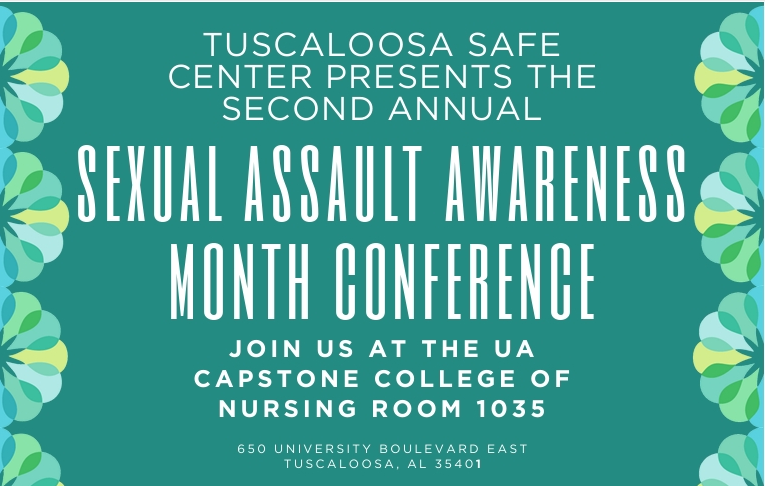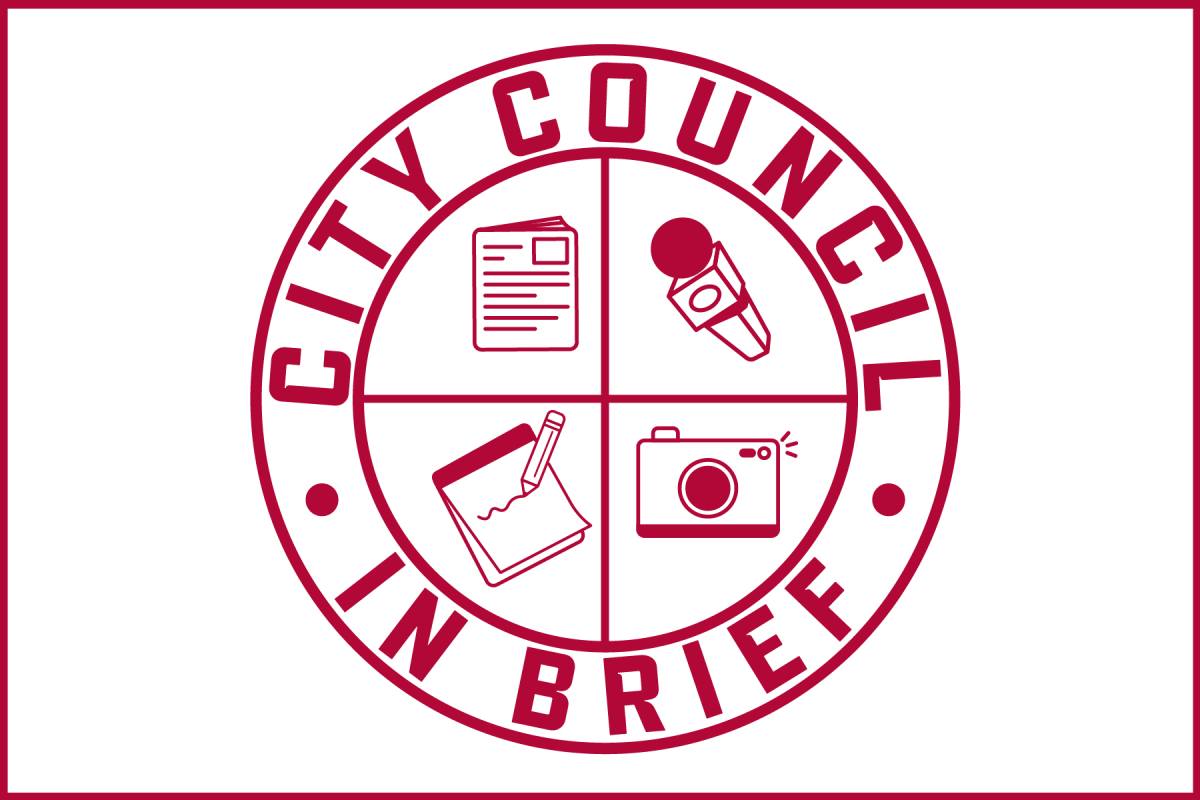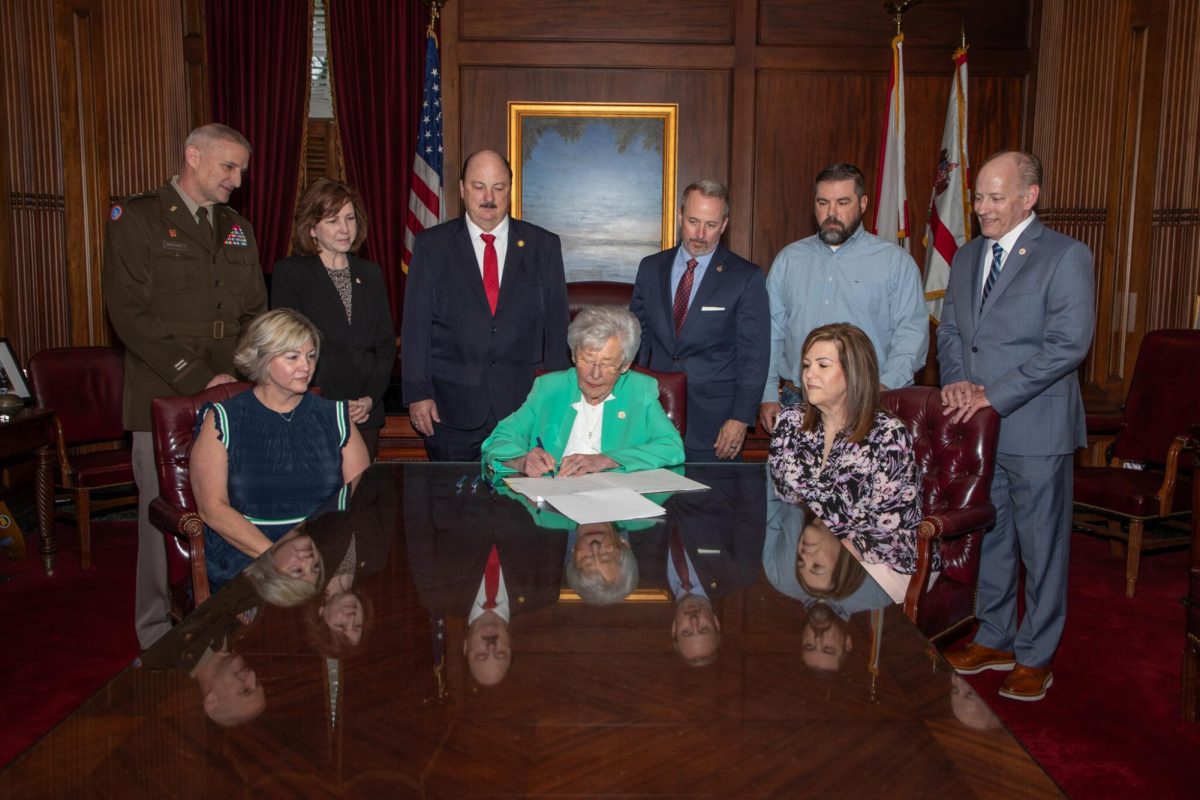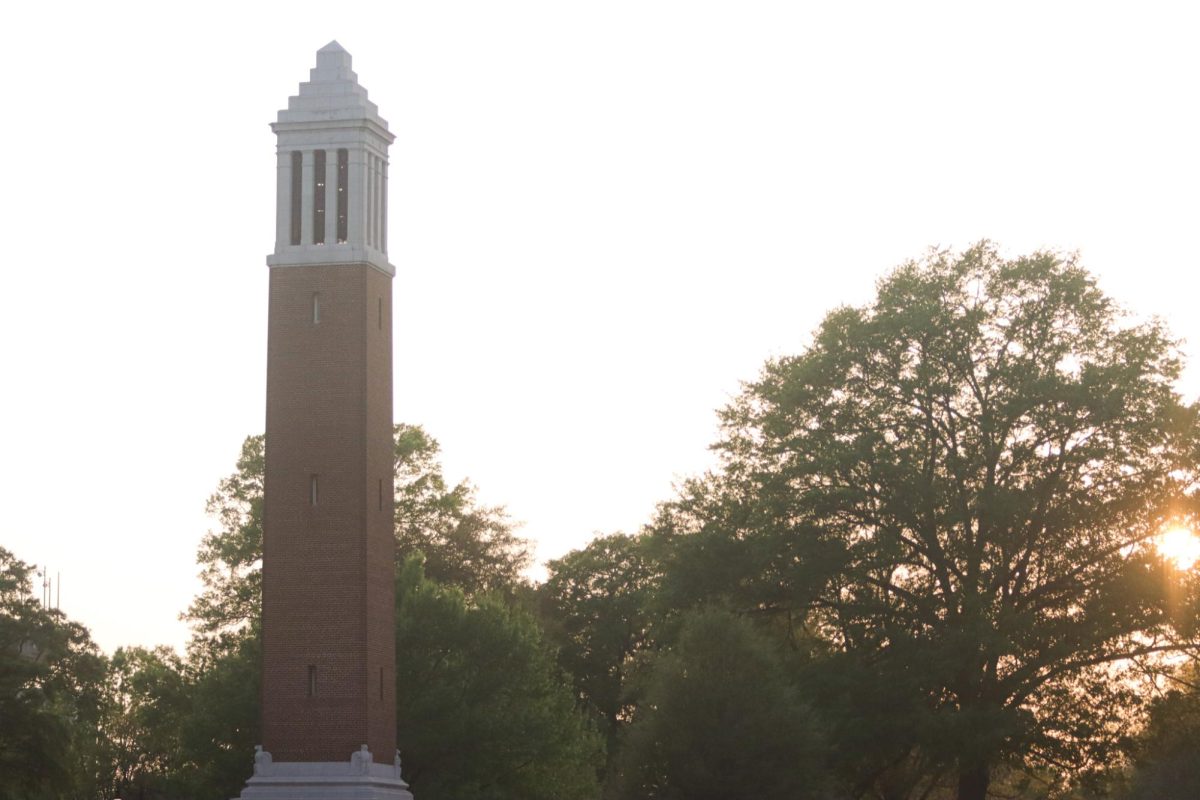By Kelsey Brown and Hannah Widener | CW Staff
Tide Talks, a student-run speaker series that emphasizes diverse, thought-provoking ideas from University of Alabama students, will be hosting its fourth event Tuesday. This week’s installment will feature four students discussing their involvement with recycling initiatives to improving the environment on campus, diversity and acceptance in online gaming communities, art therapy with dementia patients and physics research, this group of students is giving new meaning to “real go getters.”
“Tide Talks is in a unique position on campus because of the various negative stories that have been told for a month and a half that need to be told,” David Phelps, president of the organization, said.
Phelps said many students have radical ideas, and Tide Talks is a vehicle for those ideas to spread.
“There’s this perception sometimes on campus that there’s this apathy, that there’s not revolutionary world-changing students on this campus, but that’s not true,” Phelps said. “Tide Talks exists because there are phenomenal, world-changing students on campus. People just need to know about them and celebrate them.”
“We felt as though there are students on campus, freshman and sophomores, that needed to be reminded of how great they could be at the University of Alabama and how far they could come,” Katerina Pena, co-founder and vice president of Tide Talks, said. “Our mission is to highlight students who normally don’t have a platform to speak about what they’ve done, how they did it, and their inspirations along the way.”
This week’s event will feature UA students Sam Gerard, Tiara Dees, Emily Broman and Tim Keele.
Growing up in a very political household, Gerard, a junior majoring in history and political science, didn’t spend his nights talking sports with his family, but instead talking politics after watching CNN.
“One of my friends urged me to run for SGA president my freshman year and I tried to think of what is a change I could make so that people would actually want to vote for me,” Gerard said. “Then I realized that recycling was an issue on campus and recycling wasn’t as prevalent as I would like it to be.”
From that idea sprang the “one on one” project, where for every trash can the University provides, they will also provide a recycling receptacle in close proximity to the trash can in order to facilitate recycling. The “one on one” project is a part of the Recycle Bama program Gerard started.
“What I learned from Recycle Bama was how to interact with people and how those relationships between people and oneself can actually help facilitate change,” Gerard said.
Tiara Dees, a second-year graduate student majoring in marketing and management, is proving that girls can game. Dees has been gaming since she was 2 years old and has come to realize the online gaming community is not always a friendly place.
“There are hundreds of gaming sites, hundreds of gaming platforms and conventions,” Dees said. “The movie industry makes $10.8 billion every year and the gaming industry falls right behind and makes $10.5 billion in revenue. There are 67 percent of households that play video games. That is what causes issues with game developers thinking only particular groups play video games, when women play games and the LGBTQ community plays games. A lot of hate comes from that shift and as gaming becomes more popular and accepted core gamers start to threaten and intimidate people.”
Hoping to change both the online and offline community, Dees will be speaking on how to stop sexism, racism and discrimination toward the LGBTQ+ community so gaming is fun for all.
Using art as a form of therapy for dementia patients, Broman, a senior majoring in chemical engineering and psychology, has helped shed new light on memories some may have forgotten in the program Art to Life.
“I started my freshman year in the class,” Broman said. “ It’s about finding new ways to dignify the way they are here now and not to necessarily reminisce about the person they used to be or no longer can be any more. That really resonated with me as someone who wants to be a doctor one day and wants to really treat people instead of a disease.”
For more information on Tide Talks, visit their website at tidetalks.ua.edu to sign up for their newsletter, like their Facebook page under Tide Talks, or follow them on Twitter at @tidetalks.








